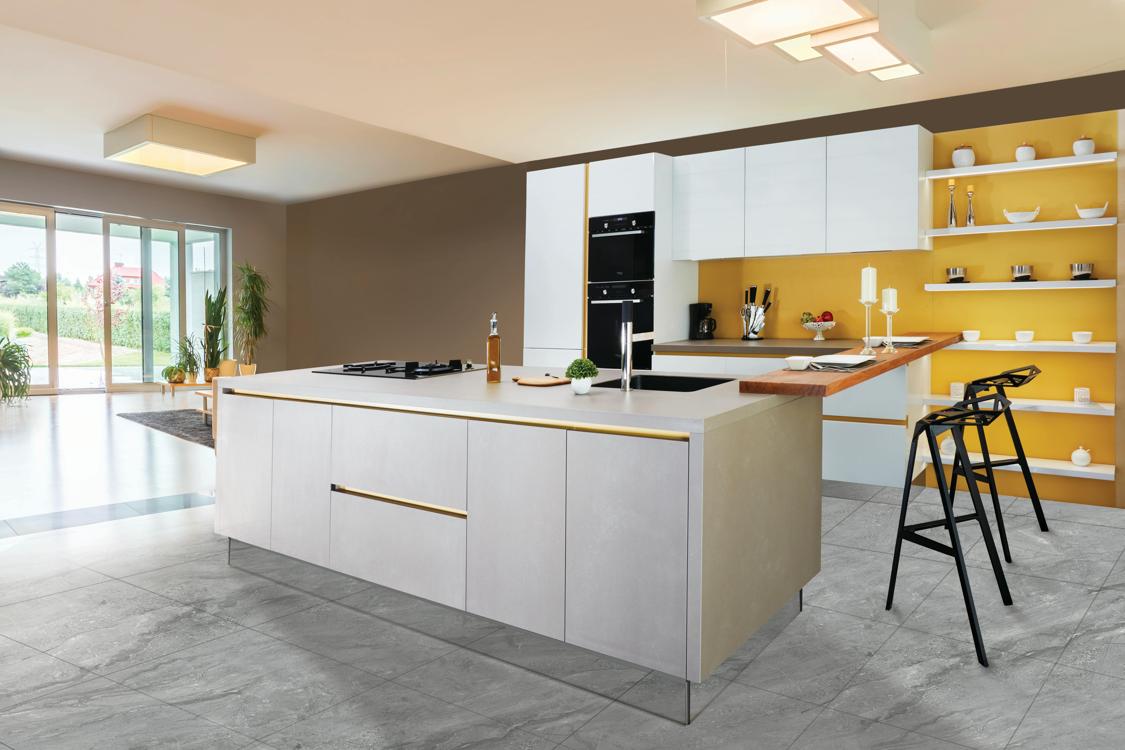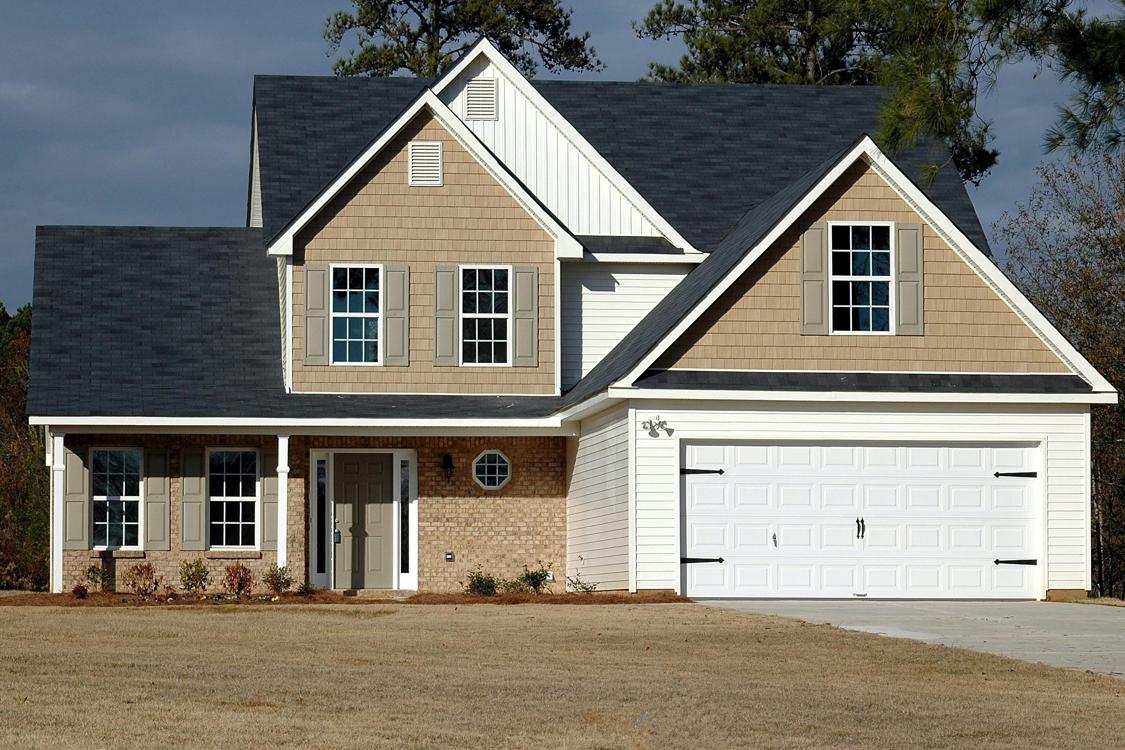Windows are one of the most important design elements in a home. The right window design can make or break a room.
The right choice isn’t about style alone, but also about functionality and energy efficiency. The advice of a window expert helps you strike the right balance between these factors.
1. Visual Appeal
If you’re replacing your windows, upgrade your home windows can boost your home’s beauty, enhance your livability, and add to its resale value. But with limitless customization and design options, it can be challenging to know where to start.
The first step is to set your vision. Think of your ideal aesthetic, whether it’s a modern dark window that complements the walls or one that stands out to create contrast. You might want to choose windows that allow for panoramic views, or perhaps focus on a specific architectural element of your home, like a bay window’s distinctive three-dimensional quality or casement windows’ outward openings.
Once you’ve nailed down your vision, it’s time to dig into details. Consider what your needs and preferences are, as well as your budget and long-term energy efficiency goals. Then work with a design consulting and installation professional to narrow down your choices and find the windows that will elevate your home and fit your lifestyle.
For example, you may find that double-hung windows look great in a traditional Colonial-style house, while casement and picture windows are more versatile all-rounders. And while many homeowners opt for transoms that don’t open, you might want to consider “active” transoms — ones that do indeed open, allowing you to let in fresh air while maintaining a sleek appearance.
Similarly, you might choose frames in a variety of materials to suit your design vision. For instance, JS Aluminium offers a bewildering array of frame materials from reputable European brands to help you build your own signature style. From brass and stainless steel to Corten weathering steel, their wide selection can imbue your abode with sophisticated beauty and unmatched functionality.
2. Energy Efficiency
Windows are one of the biggest energy-using parts of any home. That’s why it’s important to make sure they are energy efficient. Energy-efficient windows keep your home at a more comfortable temperature without using as much energy, which is good for the environment and your wallet.
The type of frame your window has impacts energy efficiency. Different frames have different insulating properties. Wood frames, for example, have great insulation abilities and help reduce drafts. Fiberglass and vinyl are also excellent options for insulating your home from the heat or cold.
The glass in your window is another key factor. It’s important to choose a glass option optimized for your climate and home use, such as double or triple-pane windows with inert argon gas between the panes of glass for increased insulating properties. Laminated, tempered, and tinted glass add additional benefits such as safety and UV protection.
How your windows open affects their energy efficiency. There are many choices when it comes to opening windows, including single vs double-hung (whether the bottom or top part of the window moves), sliding, casement, and more. Double-hung windows are more common than single-hung and are generally considered the best in terms of energy efficiency because they allow for air flow when opened.
Other energy-efficient upgrades you can make include adding exterior shading, such as awnings or overhangs. You can also improve your windows’ insulation by making sure they are properly installed and not drafty or leaking. Lastly, consider selecting windows with Energy Star and NFRC labels, which means they’ve passed rigorous testing. This is a great way to know you’re getting the most bang for your buck from your energy-efficient upgrade!
3. Comfort
Like any home project, picking out windows requires plenty of decision-making. But when you have a defined vision, the process becomes much easier. To help you narrow down your choices and achieve the home you desire, start by asking yourself a few key questions.
What’s your preferred window shape?
Windows come in many shapes and sizes to suit your aesthetic. But you’ll also find there are special features that improve the comfort of your home, such as the addition of a bay window to create depth or an arched window to let in more light.
Do you want to block noise or do you prefer an unobstructed view? This will determine how large a window you’ll need. If you choose to install a window that opens, make sure it’s safe for kids and seniors by checking it meets the required sill height and opening size requirements for your area’s code.
Similarly, you’ll need to decide what operating style you want. Some options open on hinges from the side or top, while others hinge in the middle (called a hopper window) or at the bottom (called a casement window). Ensure that whatever type of window you select, the company you work with will offer windows certified for your climate zone.
Once you’ve established what your needs and preferences are, consult a design consulting and installation professional for insight and support. Their expertise can help you avoid costly mistakes and steer you toward cost-efficient, energy-saving and visually appealing window options. They’ll also make your home’s interior more comfortable and enjoyable to live in, making it the ideal space for you and your family.
4. Durability

Windows do more than just fill a hole in the wall-they provide a crucial facet of your home’s aesthetic, functionality and energy efficiency. That’s why it’s important to know how to choose windows that best suit your needs and preferences. The best way to start is by digging into your priorities, and that means asking yourself some tough questions like: Do you prioritize comfort or efficiency? Do you want your windows to stand out or blend in with the architecture of your home?
When choosing new windows for your home, it is essential to consider the durability of the material. Depending on your climate, the window type you select will have a significant impact on how long it will last and how much maintenance is required. For example, wood windows are a beautiful choice that offer classic appeal and superior insulation, but they do require more regular maintenance and upkeep. Vinyl and fiberglass windows, on the other hand, are a durable option that will withstand harsh weather conditions with little upkeep.
Another factor to consider is whether the windows you are looking at come with any customization options that will enhance your home’s function or design. These can include things like tinted glass or custom window shapes. Additionally, it is a good idea to ask yourself what kind of warranty the manufacturer offers on their products. This will help you decide if the windows are worth your money in the long run.
The bottom line is that while choosing the right windows can seem daunting, it’s actually not as difficult as it looks. Once you understand your priorities and the different options available, you can make an informed decision that will serve your family for years to come.
5. Maintenance
A well-maintained window contributes to a home’s aesthetic and function. It can let in natural light, offer unobstructed views of the outdoors, and make a space feel open and inviting. However, windows are an investment and must be properly maintained for longevity. This is especially true if you live in an area with harsh winters or humid summers. Durable materials are essential in a climate such as this to reduce moisture build-up in wood frames, which can cause mildew and wood rot.
Choosing the right windows is a complex task and one that’s influenced by many factors. The most important is determining your needs and priorities. Start by evaluating the orientation of your current windows and what their intended function is in your home. For example, if you’re looking to increase daylight and airflow in your home consider double-hung windows which open the upper and lower sash to give you greater control over ventilation.
Next, examine your energy costs to see if it makes sense to invest in new windows with improved energy efficiency. If your bills have been steadily climbing over the years it may be a good time to consider replacement windows.
Also, consider the size of your existing window openings as this will impact the type and style of replacement windows you can choose. Finally, remember that homes settle over the years and this can affect the fit of your new windows. Be sure to have your contractor carefully measure your windows and frames before ordering to ensure that they will be a perfect fit. Then, be patient as it can take several weeks for new windows to be delivered and installed.









